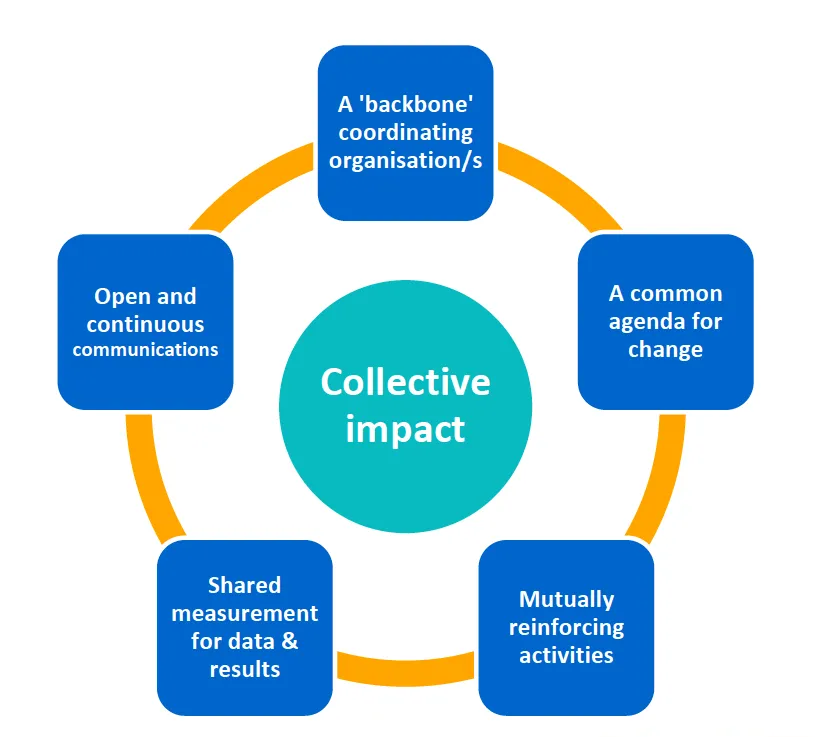A JOINT PROJECT OF:



The goal of the Integrated Marine Debris Observing System (IMDOS) is to provide guidance and coordination of a global sustained observing system for marine debris addressing knowledge gaps and diverse stakeholder needs with adequate data and information.
Why do we need an IMDOS?
There is a strong, shared demand for global marine litter/marine debris monitoring expressed by a diverse group of stakeholders forming the Global Partnership for Marine Litter (GPML). Monitoring of marine litter has already been initiated to various degrees through Action Plans of the Regional Seas Programme, and there are ongoing efforts to harmonise and standardise monitoring methods regionally and globally, supported by UNEP, IOC-UNESCO, G7 and G20 initiatives, among others. However, there is insufficient coverage, saturation and quality of data to meet the science and policy requirements expressed by SDG Target 14.1.1b, and other indicators recommended for global scale monitoring, also included under the new Marine Plastics Debris Essential Ocean Variable.
Availability and transfer of data into science-based decision making is partly hindered by challenges in extracting quality information from collected data (e.g., beach litter), and limited integration and interoperability of existing data sources. Moreover, there is currently no international scientific advisory body with a mandate to undertake regular evaluation of the state of marine debris in the oceans as well as variations and trends as a basis for scientific advice to policy makers.
A coordinated and collaborative global response to these challenges will be fundamental in providing the adequate technical and scientific support for all players engaged in implementing the now negotiated UN treaty on plastic pollution and it will offer a significant contribution to the UN Decade of Ocean Science for Sustainable Development.
The IMDOS ambition
Inspired by the collective vision of the marine debris scientific community and guided by an international Interim Steering Committee, IMDOS aims to:
- promote the development of a global network of marine debris observations according to Regional Seas Programme Action Plans and integrated within GOOS in cooperation with existing ocean observing infrastructures, networks and communities of practice;
- define strategies and priorities for coordinated and harmonised marine debris observations based on most relevant monitoring methods, standards and practices;
- promote integration of data management activities to provide free and open access to marine debris data and information products for stakeholders (e.g., via the GPML Digital Platform);
- support the development of remote sensing methods to detect marine debris by enhancing availability of required ground-truthing data;
- strengthen the interface between marine debris monitoring and modelling communities to support the development of a Digital Twin of the Ocean for Marine Litter Pollution;
- evaluate the readiness level and promote technological innovation to advance global observing approaches;
- develop standard sampling protocols and best practices in marine litter data collection and support training activities for their implementation;
- create communication services for the marine debris community including links to advocacy resources and other components of the multidisciplinary global ocean observing system.
Building IMDOS as a collective impact organisation
Designed according to the principles of collective impact organisations, IMDOS will serve as backbone support for many international and national organisations and initiatives that: (i) share a vision for coordinated marine debris observations to address the complex issue of marine pollution, (ii) collect data and report results consistently, (iii) contribute with differentiated yet mutually reinforcing activities, (iv) engage in consistent and open communication, and (v) have a backbone coordinating structure.
IMDOS is being developed as a joint project by the Global Ocean Observing System (GOOS) and the Group on Earth Observations (GEO) Blue Planet Initiative, in collaboration with the United Nations Environment Programme (UNEP) Global Partnership on Marine Litter (GPML), the Scientific Committee on Oceanic Research (SCOR) Working Group #153, GESAMP Working Group #40, the International Ocean Colour Coordinating Group Task Force on Remote Sensing of Marine Litter and Debris, Ministry of Environment Japan (MOEJ), among others.
Currently, short-term part-time coordination support for IMDOS is provided by GOOS and GEO Blue Planet with funding from the European Union facilitated through the EU4OceanObs and H2020 EuroSea projects. A dedicated, globally distributed staff of at least 3 full-time employees is needed on the long run to provide overall coordination and communication of IMDOS operations and execution of Terms of Reference according to the Strategy and Implementation Plan, which are being developed under the guidance of an Interim Steering Committee.


